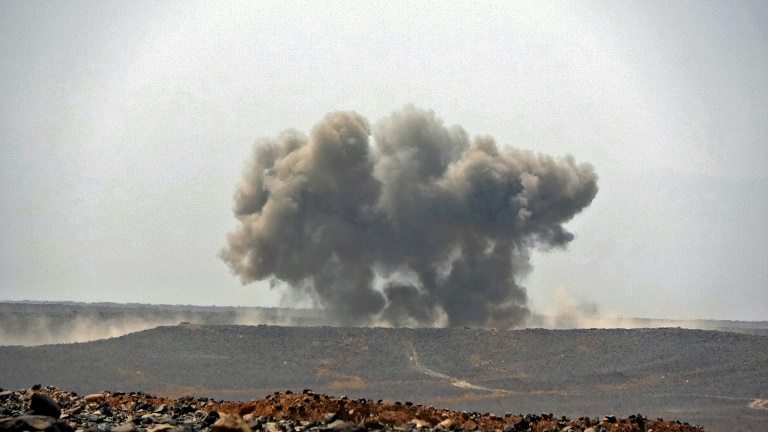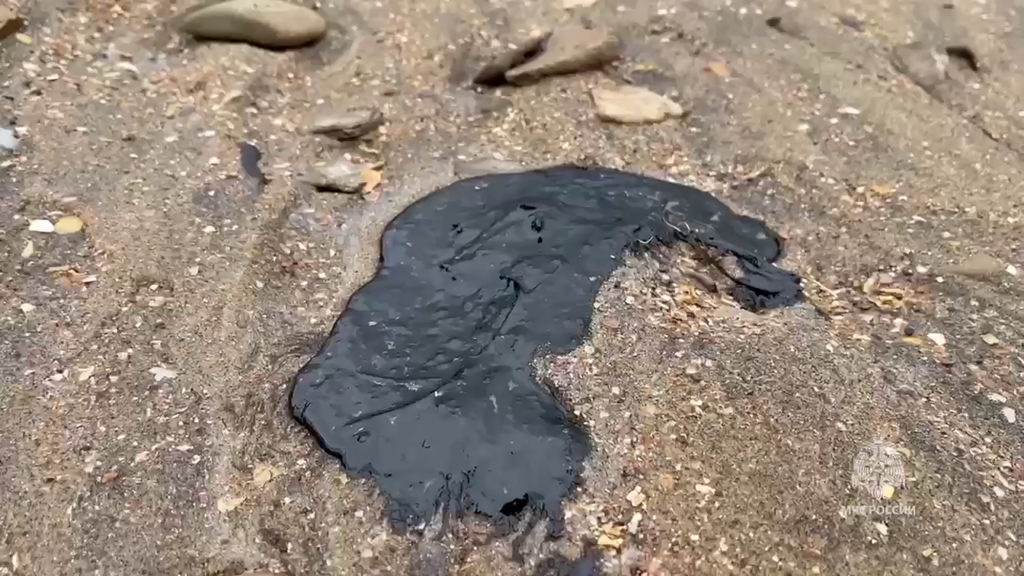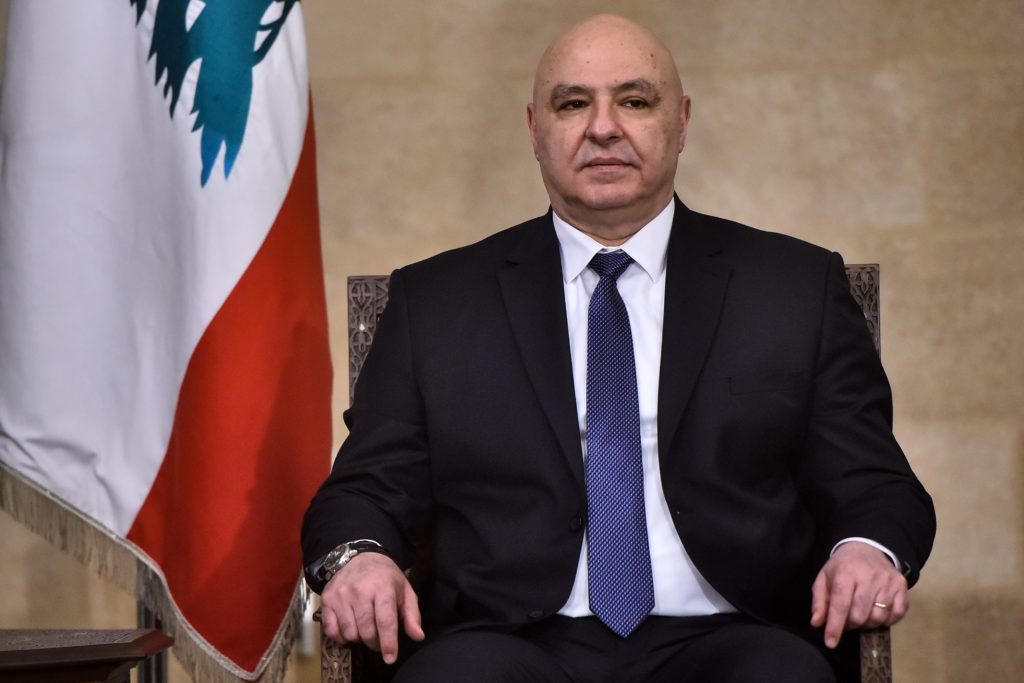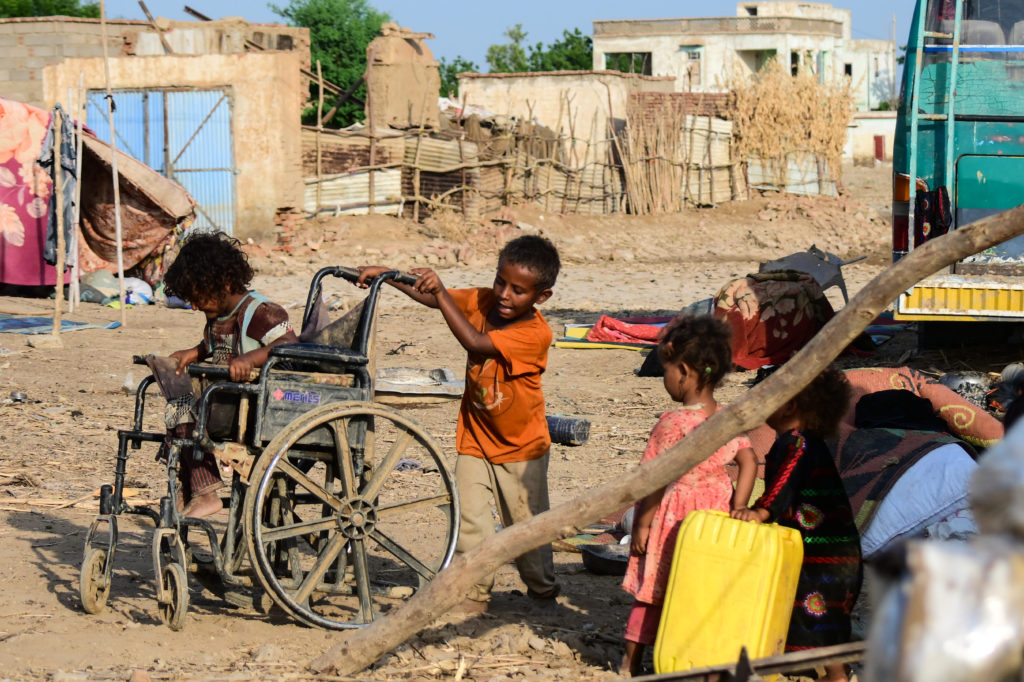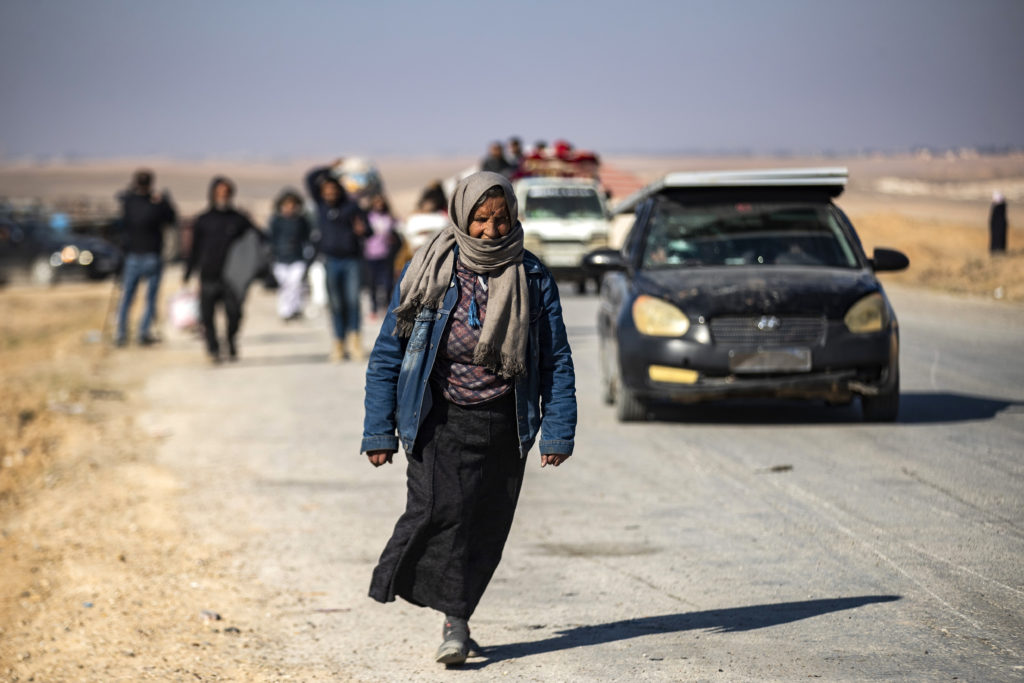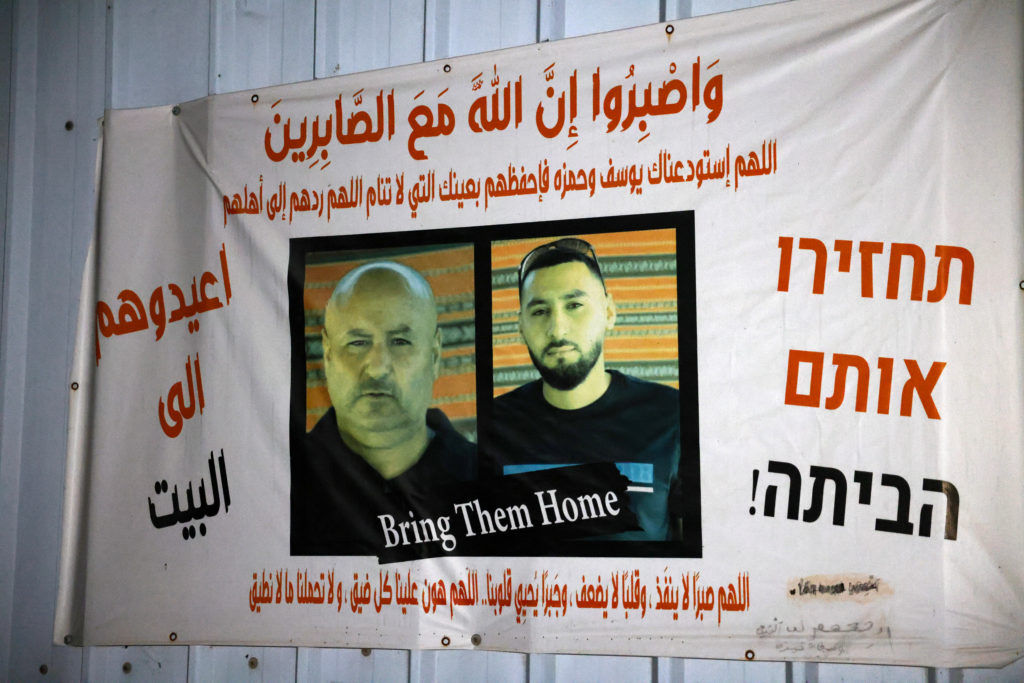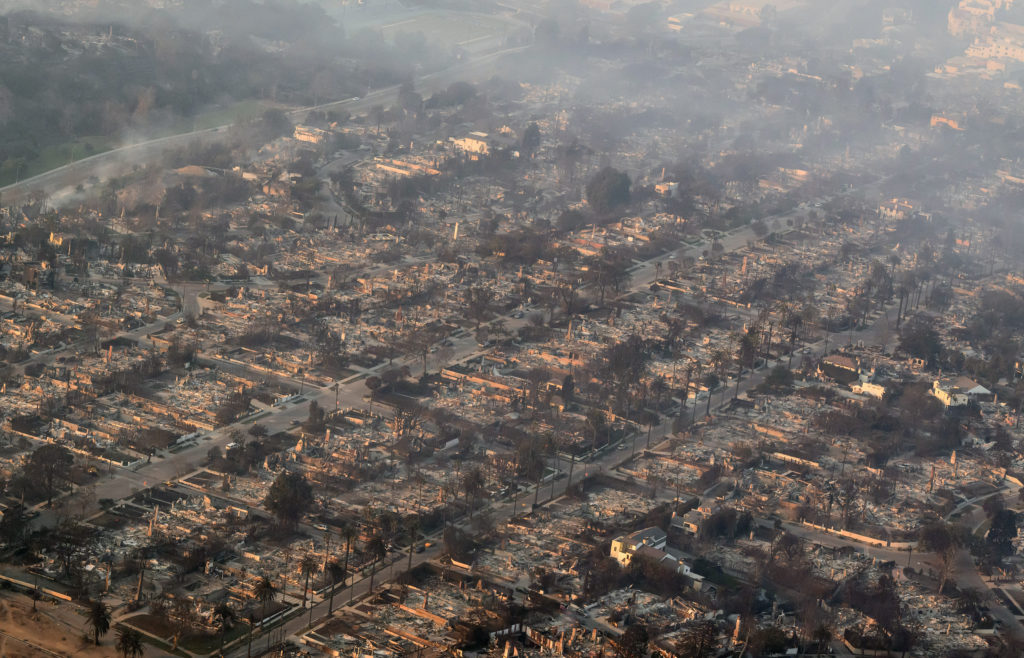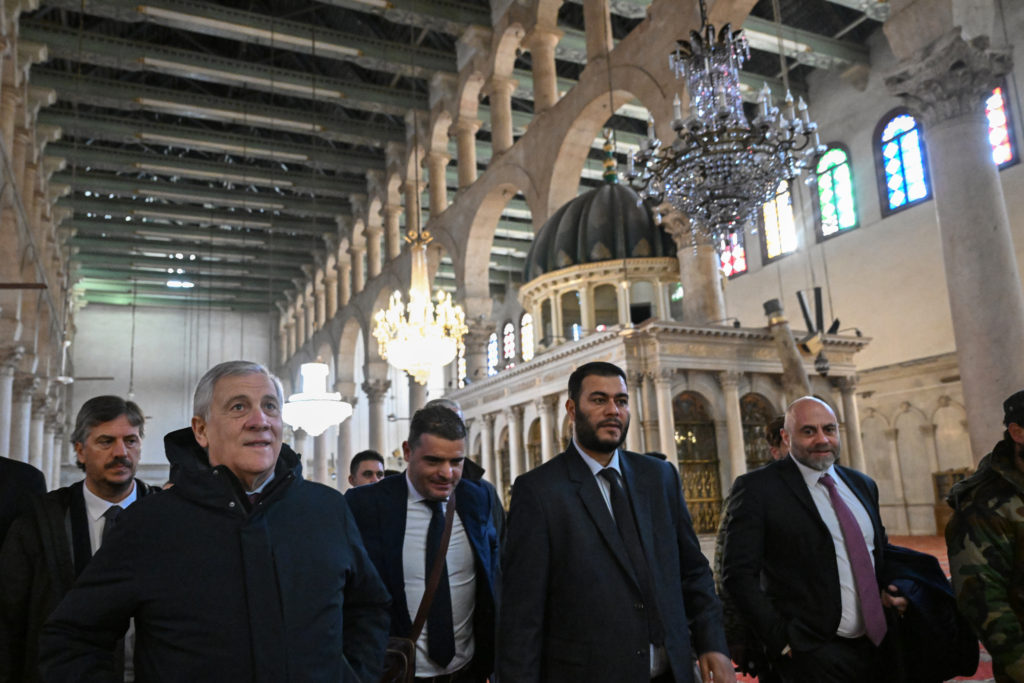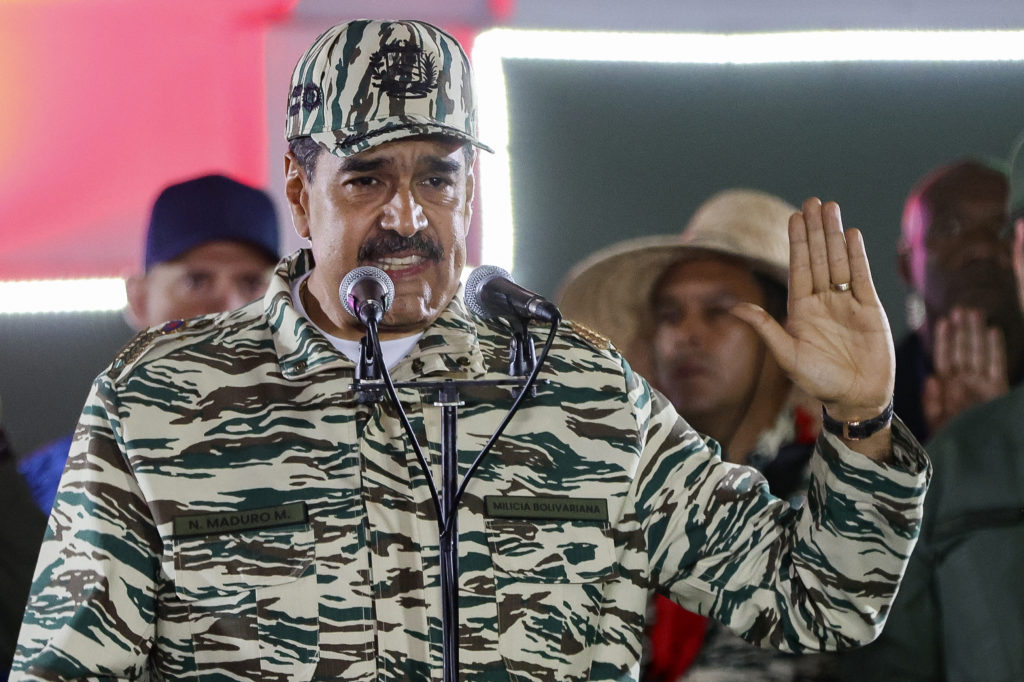More than 130 Yemeni rebels have been killed in strikes south of Marib, the Saudi-led coalition said Tuesday, but the insurgents seized a district 25 kilometres (16 miles) south of the strategic city, according to military sources.
Hundreds of Iran-backed Huthi rebels and government loyalists have died since fighting for Marib flared anew last month following a push in February.
Marib city is the internationally recognised government’s last bastion in oil-rich northern Yemen.
Dozens of new strikes were carried out in the Abdiya district of Marib province, after the coalition said air raids the day before killed more than 150 rebels.
“We targeted nine military vehicles of the Huthi militia in Abdiya, and their losses exceeded 134 members,” said a coalition statement carried by official Saudi media.
The rebels rarely announce casualties in their own ranks.
Despite the air campaign the Huthis “are on the edges of the city of Marib from several sides after defeating traitors and mercenaries… from several districts in Marib and liberating them completely,” their spokesman Yahya Saree said in a video statement on Tuesday.
According to military sources, the rebels seized Al-Jawbah district in southern Marib province.
Pro-government troops withdrew from their posts in Al-Jawbah after heavy clashes with the insurgents, they told AFP on condition of anonymity.
Residents of the area confirmed the Huthis had entered the district, saying they were advancing “swiftly”.
Yemen has been devastated by a seven-year war pitting the Shiite rebels against the government supported by a Saudi-led military coalition.
The rebels overran the national capital Sanaa, just 120 kilometres to the west of Marib, in 2014, prompting the Saudi-led intervention to prop up the government the following year.
Tens of thousands of people have been killed and millions have been displaced since then. Many fled to Marib, and its population has ballooned since the war began.
– US peace bid –
On Sunday, six people died in a car-bombing that targeted a convoy carrying the governor of Aden, the government’s provisional seat of power. He survived the attack.
“This is an escalation of violence by Huthi militias… a radical government in Iran is pushing the Huthis towards more violence,” Prime Minister Maeen Abdulmalek Saeed told reporters in Cairo.
Riyadh accuses Iran of supporting the Huthis with weapons and drones, but Tehran says it only provides political support to the rebels.
The Huthi insurgents have repeatedly targeted Saudi Arabia in cross-border attacks, using drones and missiles.
On Friday the US envoy on Yemen, Tim Lenderking, started a fresh peace bid to the region including a stop in Saudi Arabia, which succeeded in scuttling a United Nations-backed probe into abuses in the conflict.
The State Department said the rebels’ push on Marib “is exacerbating the humanitarian crisis, killing civilians and defying the international consensus on the urgent need for a peaceful resolution to the conflict.”
Marib sits at a crossroads between the southern and northern regions and is key to controlling Yemen’s north. If it falls, the Huthis could be emboldened to push into the government-held south, analysts say.

